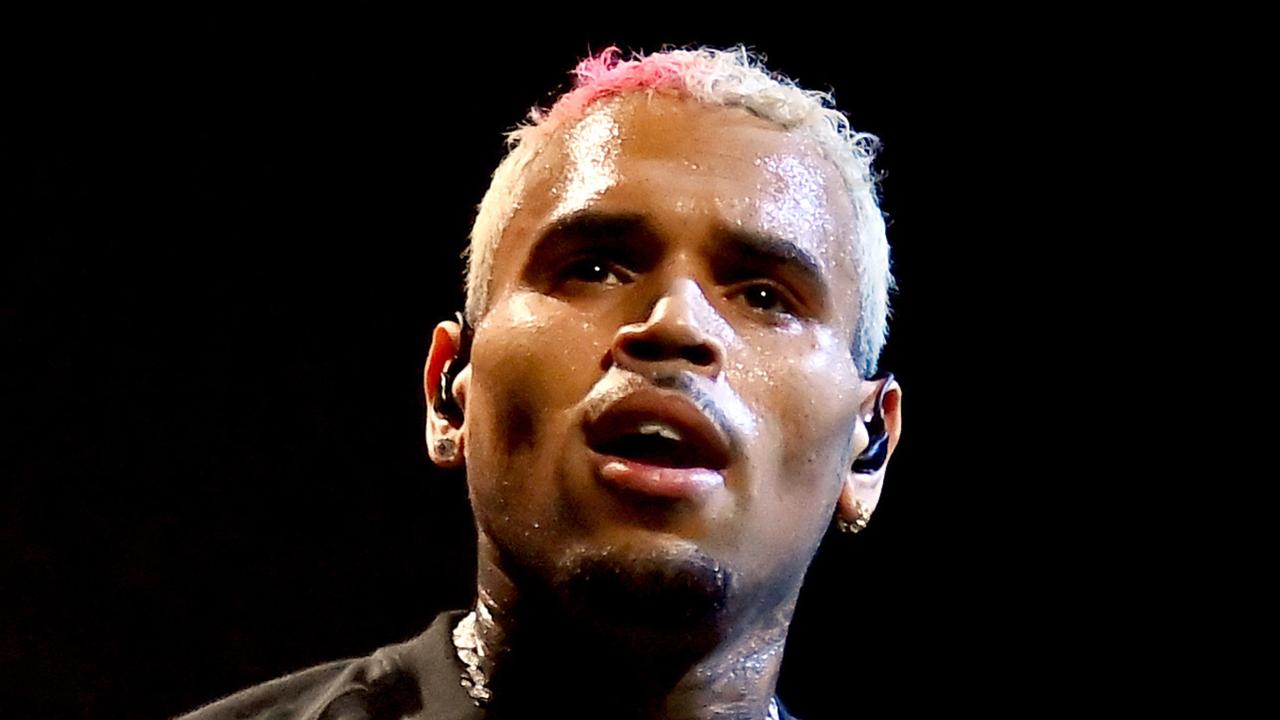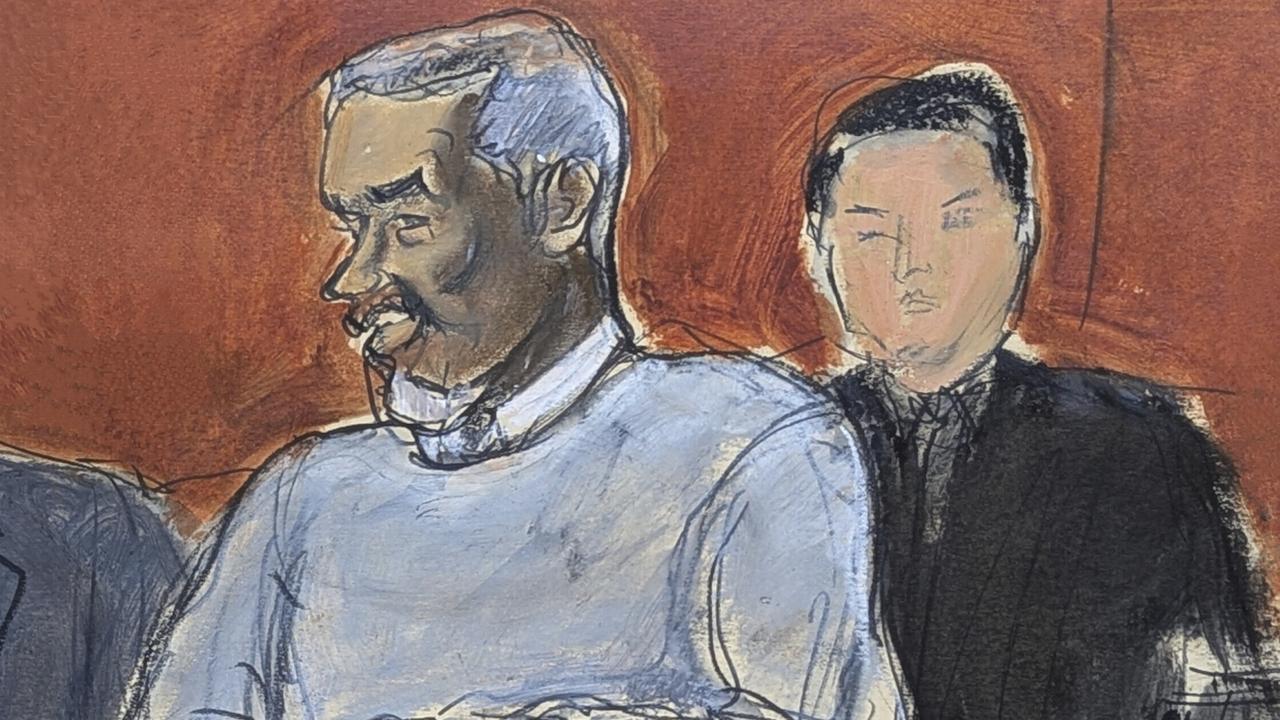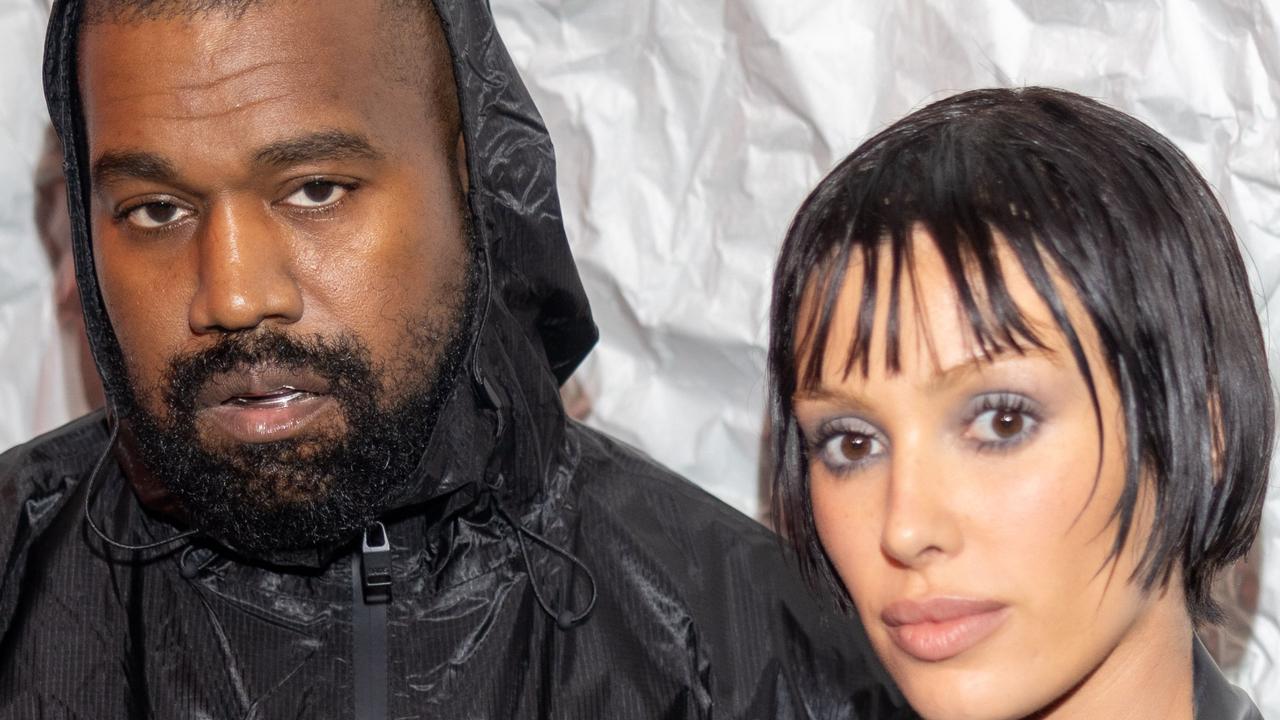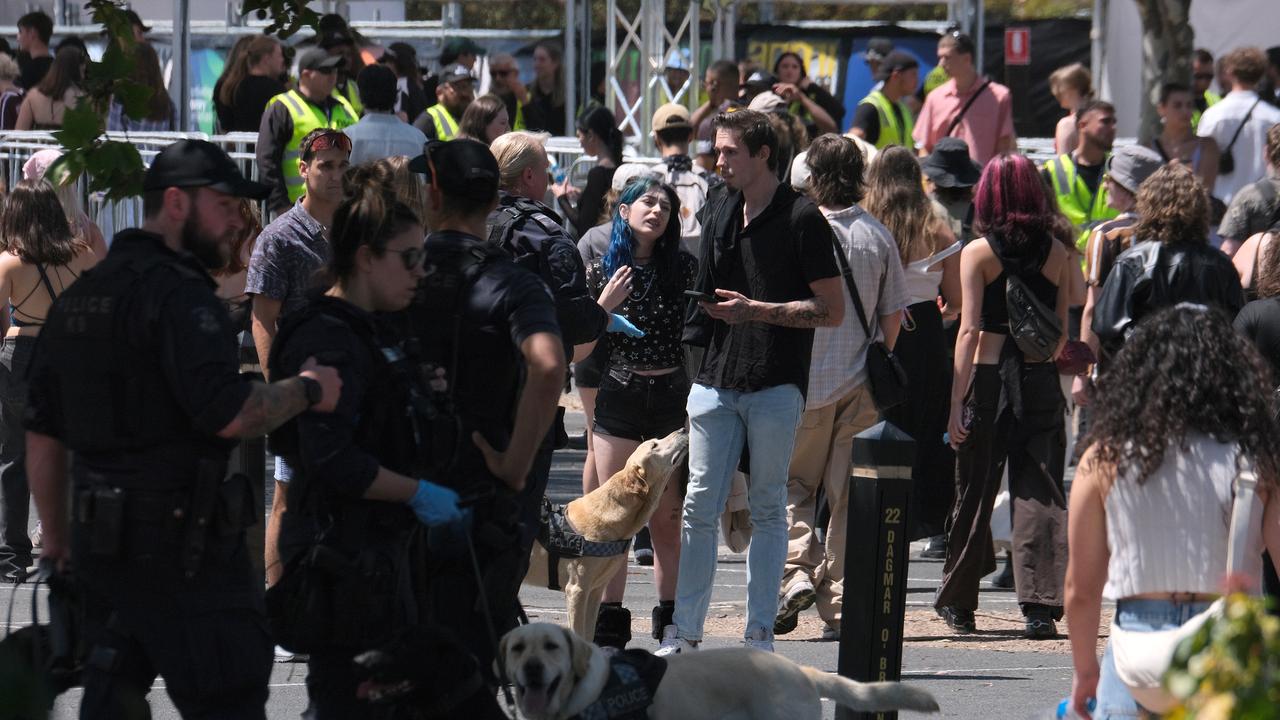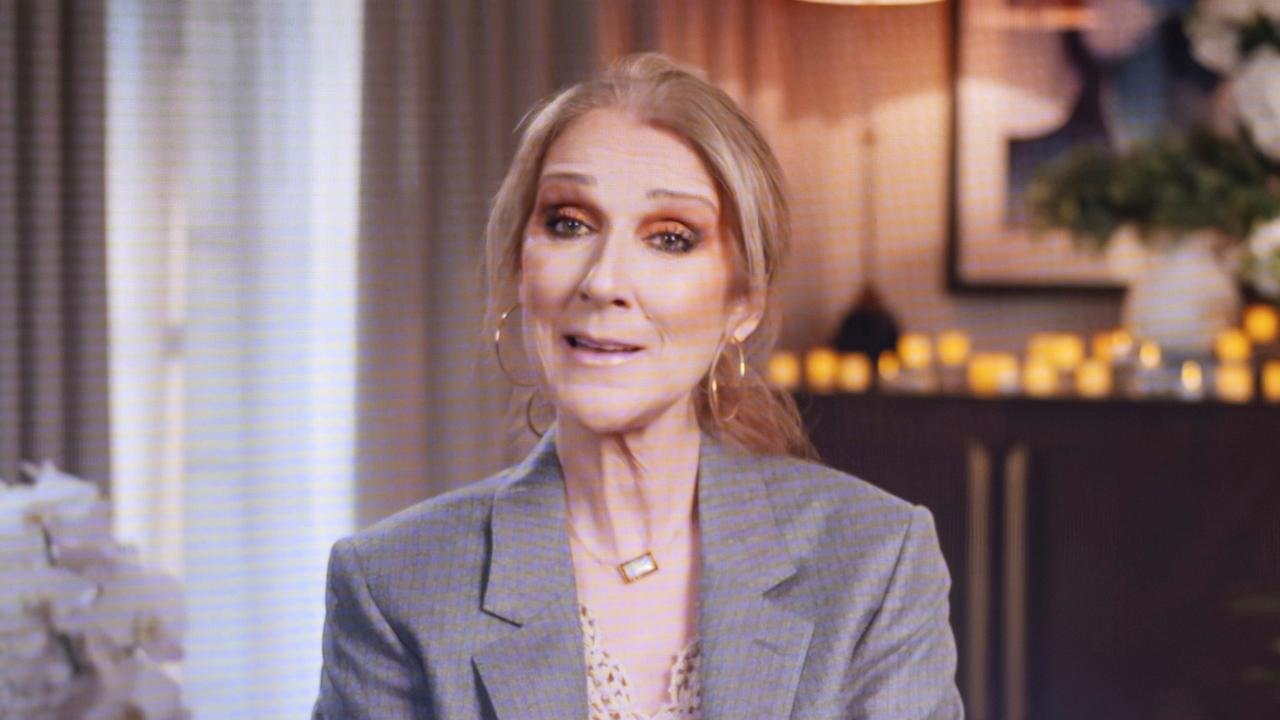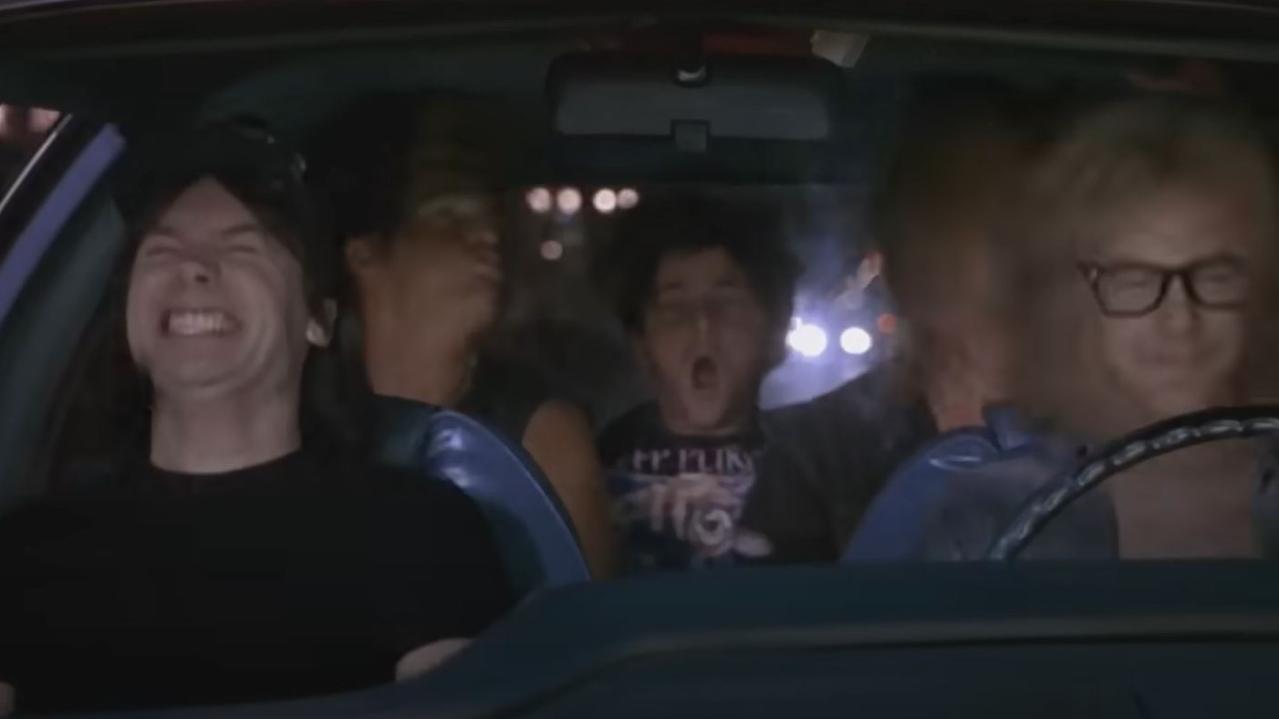Reality music TV survivors lift the lid on behind-the-scenes hell
A new podcast reveals how the dreams of Australian Idol, The X Factor and The Voice contestants turned into nightmares.
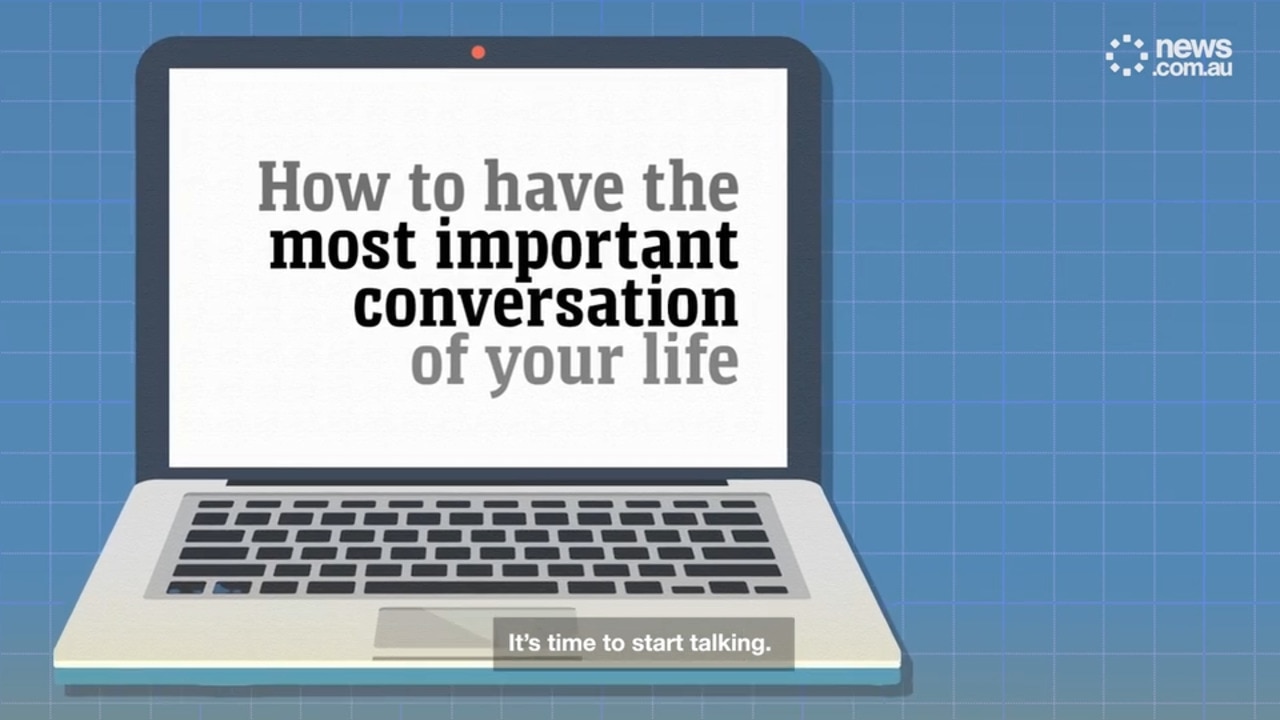
Music
Don't miss out on the headlines from Music. Followed categories will be added to My News.
Popular entertainer Rob Mills still feels “really sad” for his younger self who momentarily contemplated taking his life after he was eliminated from the first season of Australian Idol.
The singer and actor recalled suffering a panic attack when he was mobbed by fans and put in a headlock one night on the Gold Coast after his exit from the reality television juggernaut in 2003.
To escape the hysterical crowd, he jumped into the car of a stranger who dropped him at his hotel.
Back in the safety of his room and looking at the open door to the balcony, Mills “had that split second moment of like, you could just end it. You don’t have to worry about the panic or the crazy anymore.” He raced to the door and slammed it shut.
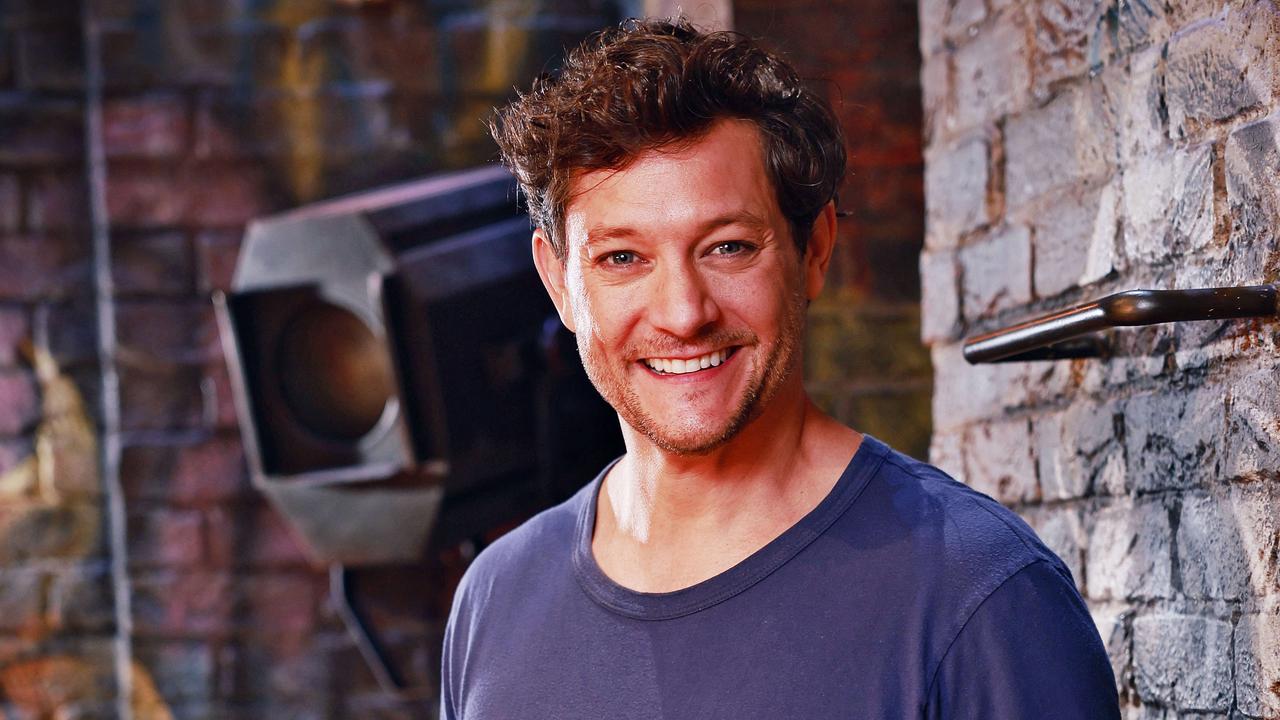
Mills, an R U OK? ambassador, shares the harrowing experience in a new LISTNR podcast The Moment It Changed: Touchdown, that lifts the lid on the exploitation of contestants and the often harrowing aftermath of life after starring on the mega-rating dream factories of Australian Idol, The X Factor and The Voice.
“I still get emotional thinking about it. Yeah, I still get really sad for that kid. He was just so scared,” Mills says on the podcast.
“And now I go, what a life I’ve had. What experiences I’ve got to have because of just knowing that, ‘Oh, you don’t have to do that.’
“It still gets me like, lucky for me, I know who I am. I have a very good sense of self. I’ve got great friends, great self-worth.
“But I think it’s just when I think back to that kid, I go, ‘Ah, that poor kid. He didn’t know.’ And no one was there to go, ‘Hey mate, it’s gonna be a bit shit for a bit.’”
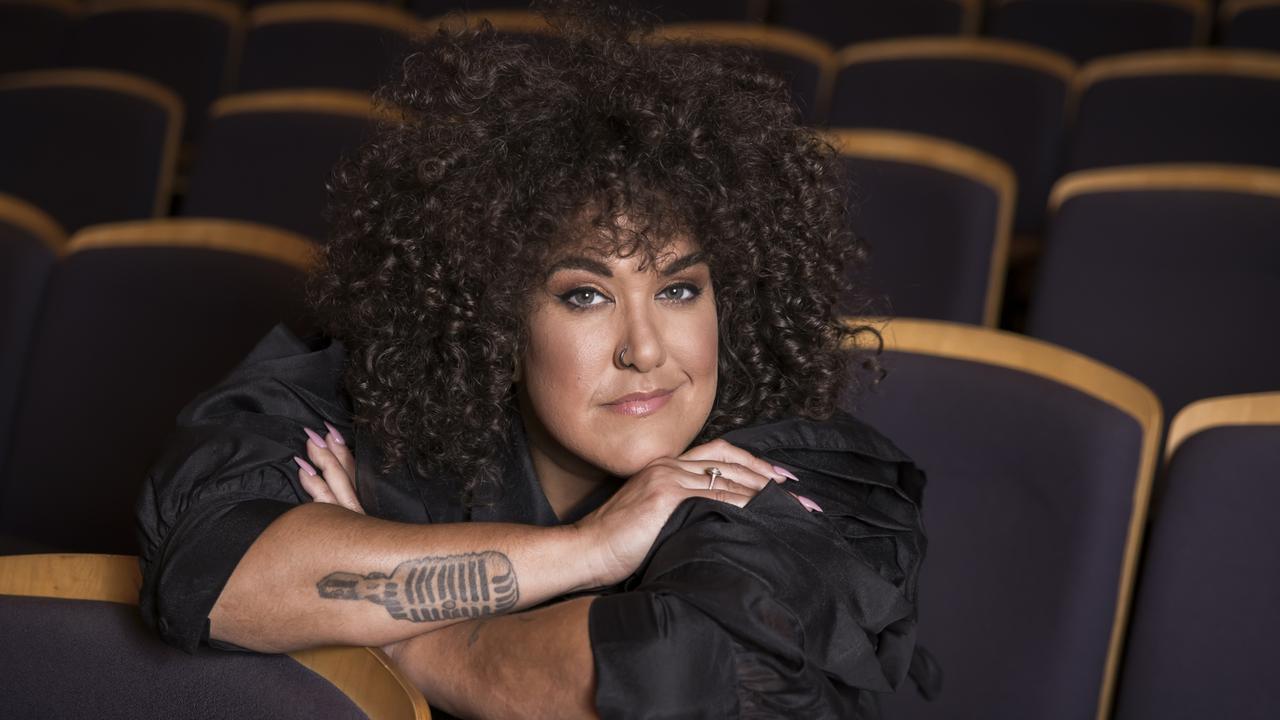
The three-part series features past winners Casey Donovan, Dami Im and Karise Eden and contestants Bella Ferraro and Katie Underwood as well as Idol judges Mark Holden and Ian “Dicko” Dickson.
Like Mills, Donovan was signed and then quickly dropped by Idol labels BMG and Sony even as inaugural winner Guy Sebastian was being presented with a $1 million cheque for the record-breaking sales of his debut album.

After being spat out by the music industry machine in 2007, then 18-year-old Donovan found work as a receptionist of a medical centre. When the media discovered her day job, she was cast as the “forgotten Idol.” Now she is one of Australia’s most popular musical theatre stars.
“People would come in and ... ‘Aren’t you Casey Donovan? I voted for you. Why are you here?’ And I’d get this pity look ... Like, I need to earn money to live,” she says.
Eden reveals the devastating toll to her mental health after winning the first series of The Voice in 2012.
The shy, vulnerable 19-year-old had endured a harrowing childhood as a homeless youth and state ward and struggled to deal with overnight fame, particularly when fans who related to her struggle often shared their own devastating stories.
She “spun into a downward spiral” and self-harmed during a post Voice tour when approached by relatives she had never met.
Eden entered a mental health unit for treatment and the tour was cancelled.
Dami Im puts the spotlight on the manipulations of her “backstory” behind the scenes of The X Factor in 2013 and her struggle for creative control of her recording career at Sony before she finally left the label in 2020.
The Moment It Changed: Touchdown, listen for free on the LiSTNR app.
Originally published as Reality music TV survivors lift the lid on behind-the-scenes hell




